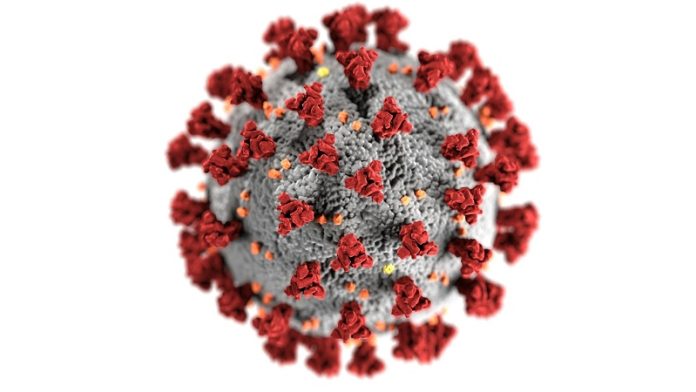
A new study has found that people who had COVID-19 may have an increased risk of developing changes in the brain linked to Alzheimer’s disease.
Researchers from Imperial College London and the UK Dementia Research Institute discovered that COVID-19 infection was associated with higher levels of certain blood markers related to faulty amyloid proteins—known to play a role in Alzheimer’s.
The study, published in Nature Medicine, analyzed 1,252 participants from the UK Biobank aged 46 to 80. Researchers measured protein biomarkers in their blood both before and after a confirmed COVID-19 infection.
They then compared these results to people of similar age and health status who had not had COVID-19.
Key findings include:
- COVID-19 was linked to changes in blood proteins associated with the buildup of amyloid beta (Aβ), a protein involved in Alzheimer’s disease.
- These changes were similar to the effects of aging by about four years.
- People hospitalized with severe COVID-19 or those with risk factors like high blood pressure or smoking showed the greatest changes.
- Some participants also had poorer cognitive test scores and subtle brain changes linked to neurodegeneration.
The results suggest that COVID-19 may speed up biological processes that contribute to Alzheimer’s, particularly in people with existing risk factors.
Amyloid beta is a protein found throughout the body, but when it builds up abnormally in the brain, it forms sticky clumps that damage nerve cells. These clumps are a hallmark of Alzheimer’s disease and are thought to play a key role in memory loss and cognitive decline.
The study found that COVID-19 was linked to changes in blood markers related to amyloid buildup. However, it remains unclear whether these changes directly lead to Alzheimer’s or simply indicate brain stress caused by the infection.
While the findings raise concerns, the researchers emphasize that their study does not prove that COVID-19 causes dementia. Other factors, such as inflammation from the virus or pre-existing health conditions, may play a role.
They also note several limitations:
- The study relied on blood biomarkers, which are still a developing tool for assessing Alzheimer’s risk.
- It did not include detailed information on the severity of individual COVID-19 cases.
- It is unknown whether similar effects occur with other infections like influenza or pneumonia.
Experts have long suspected that infections could play a role in neurodegenerative diseases. Past studies have suggested links between Alzheimer’s and viruses like herpes and the flu. The new findings add COVID-19 to the list of infections that might contribute to long-term brain health risks.
Professor Paul Matthews, senior author of the study, emphasized the need for further research. “More studies are needed to prove any causal links. The more we understand the factors contributing to dementia risk, the better we can develop strategies for prevention.”
While this study does not provide final answers, it highlights the importance of brain health after illness. Researchers suggest that people with risk factors for dementia—such as high blood pressure or smoking—should take extra care in protecting their overall health.
More studies are needed to determine whether COVID-19 vaccines, early treatments, or lifestyle changes could help reduce potential long-term brain effects. For now, maintaining a healthy lifestyle and managing known dementia risk factors remain the best approach to protecting brain health.
If you care about Alzheimer’s, please read studies about Vitamin D deficiency linked to Alzheimer’s, vascular dementia, and Oral cannabis extract may help reduce Alzheimer’s symptoms.
For more information about brain health, please see recent studies about Vitamin B9 deficiency linked to higher dementia risk, and results showing flavonoid-rich foods could improve survival in Parkinson’s disease.
The research findings can be found in Nature Medicine.
Copyright © 2025 Knowridge Science Report. All rights reserved.



